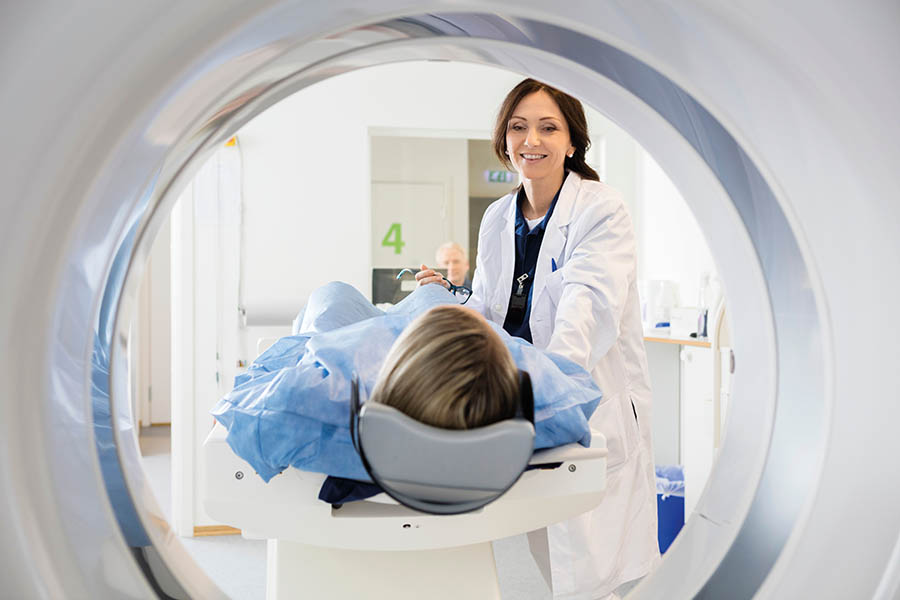Behavioral Health Technician – A Meaningful Career in Mental Health!

Mental health is just as important as physical health. In recent years, awareness around emotional well-being, anxiety, depression, addiction, and trauma has grown significantly. As more people seek help, the demand for trained mental health professionals, like Behavioral Health Technicians (BHTs), has increased.
If you’re compassionate, patient, and enjoy helping others, becoming a BHT could be a life-changing career path—not just for you, but for the people you support every day.
👩⚕️ What Exactly is a Behavioral Health Technician?
A Behavioral Health Technician, also known as a psychiatric technician or mental health technician, is a trained professional who works with people experiencing mental illness, developmental disorders, or substance abuse issues. They are a vital part of a care team and act as a bridge between patients and medical professionals.
🔄 Day-to-Day Responsibilities
Behavioral Health Technicians perform a wide range of duties, such as:
- Monitoring patients’ behavior and progress
- Documenting mood changes and interactions
- Helping patients with personal hygiene and meals
- Supporting patients during group or one-on-one therapy sessions
- Assisting with crisis intervention or de-escalation
- Educating patients on coping skills and daily routines
- Ensuring the safety and cleanliness of living areas
- Communicating with doctors, nurses, and therapists about patient updates
They may also help patients with social skills, emotional regulation, and setting goals for independence or sobriety.
🏥 Work Settings for Behavioral Health Technicians

BHTs are needed in many different places. Some common work environments include:
- Psychiatric hospitals
- Substance abuse recovery centers
- Residential treatment facilities
- Group homes for people with developmental disabilities
- School-based programs for youth
- Correctional facilities or juvenile detention centers
- Private practices or community mental health centers
Each setting may vary in pace and patient population. Some jobs may involve working overnight, weekends, or rotating shifts, especially in 24-hour care environments.
🎓 Required Education and Training
The path to becoming a BHT can be straightforward, depending on your state and employer.
📘 Minimum Requirements:
- High school diploma or GED
- Clean background check
- Basic health screenings (e.g., TB test)
📗 Recommended Education:
- Associate degree in psychology, human services, or healthcare
- Bachelor’s degree (preferred for some advanced roles)
- On-the-job training is typically provided
📜 Certifications:
- Certified Behavioral Health Technician (CBHT) – popular in states like Florida
- CPR and First Aid certification
- Crisis Prevention Intervention (CPI) training
Certifications may increase your salary and job opportunities.
🧠 Important Soft Skills for BHTs
Being a Behavioral Health Technician is more than just following tasks—it requires a heart for service.
Top Skills for Success:
- Patience and calmness during stress
- Empathy and emotional strength
- Clear communication
- Teamwork with medical staff
- Ability to de-escalate tense situations
- Attention to detail when observing behaviors
- Cultural sensitivity and respect
💼 Career Growth and Opportunities
Many BHTs use this role as a stepping stone to higher positions in healthcare and mental health services.
Career Pathways After BHT:
- Case Manager
- Mental Health Counselor (with further education)
- Social Worker
- Registered Nurse (RN)
- Clinical Supervisor or Program Director
With growing mental health needs in the U.S. and worldwide, BHTs are in high demand, especially in underserved communities.
💰 Salary Expectations

The salary for a Behavioral Health Technician depends on location, experience, and certification.
Average U.S. Salary:
- $15–$23 per hour for entry-level roles
- $30,000 to $50,000+ per year with experience or specialized training
- Higher salaries available in hospital settings or urban areas
💡 Real-Life Example: A Day in the Life of a BHT
Let’s look at a real-world example of what a Behavioral Health Technician might experience in a typical day at a residential recovery center:
- 8:00 AM: Start shift, check patient notes from night staff
- 9:00 AM: Assist patients with breakfast and medication reminders
- 10:00 AM: Sit in on a group therapy session, take notes
- 11:30 AM: Help de-escalate a resident feeling anxious
- 1:00 PM: Support a patient in learning coping skills
- 3:00 PM: Complete documentation and review care plan with nurse
- 5:00 PM: Monitor dinner and encourage social interaction
- 7:00 PM: End of shift, report updates to evening staff
Every day brings new challenges and moments of connection.
FAQs About Behavioral Health Technicians
1. What is a Behavioral Health Technician (BHT)?
A Behavioral Health Technician is a healthcare professional who supports patients dealing with mental health disorders, substance abuse, or behavioral challenges. They help monitor patient behavior, provide emotional support, and assist medical staff in treatment plans.
2. Do I need a college degree to become a Behavioral Health Technician?
No, a college degree is not always required. Most BHT positions only need a high school diploma or GED. However, having an associate degree or certification in behavioral health or psychology can improve job prospects.
3. What kind of places do BHTs work in?
BHTs can work in psychiatric hospitals, rehab centers, residential facilities, mental health clinics, schools, correctional institutions, and community health centers. Their role may vary depending on the workplace setting.
4. What certifications are helpful for Behavioral Health Technicians?
Useful certifications include:
- Certified Behavioral Health Technician (CBHT)
- CPR and First Aid Certification
- Crisis Prevention Intervention (CPI) training
These help you stand out in job applications and improve your skills.
5. What is the difference between a Behavioral Health Technician and a therapist?
A therapist is a licensed professional who provides counseling and treatment. A BHT supports the therapist by monitoring behavior, offering basic care, and helping patients follow treatment plans. BHTs do not provide formal therapy.
6. How much do Behavioral Health Technicians earn on average?
Salaries vary by location and experience. On average, BHTs earn between $15 to $23 per hour, or $30,000 to $50,000 per year. With more training and certifications, you can increase your income.
7. Can a BHT advance to higher positions in mental health?
Yes, many BHTs go on to become counselors, social workers, nurses, or case managers by gaining experience and pursuing further education. It’s a great starting point for a long-term career in mental health.
8. Is being a Behavioral Health Technician a stressful job?
The job can be emotionally challenging, especially when working with patients in crisis. However, it’s also incredibly rewarding. If you are empathetic, patient, and emotionally strong, you’ll find it meaningful and fulfilling.
Conclusion: A Fulfilling and Growing Career
Becoming a Behavioral Health Technician is more than just a job—it’s a meaningful role where your compassion and support can change lives. Whether you’re helping someone overcome addiction or guiding a patient through depression or trauma, your presence matters. With rising demand, flexible career paths, and opportunities to grow, now is a great time to explore the field of behavioral health and make a difference in your community.
Related Post
- Princess Kazer – A Royal Journey of Grace, Courage, and Empowerment!
- Pernithia Galnith – Definition and Meaning!
- Chongqing 520m Building – A Symbol of China’s Vertical Vision and Urban Ambition!
- What Is Jahizekosedos – Meaning, Purpose & Possible Applications!
- Zazichotnoiz – A Deep Dive into Its Meaning and Significance!








